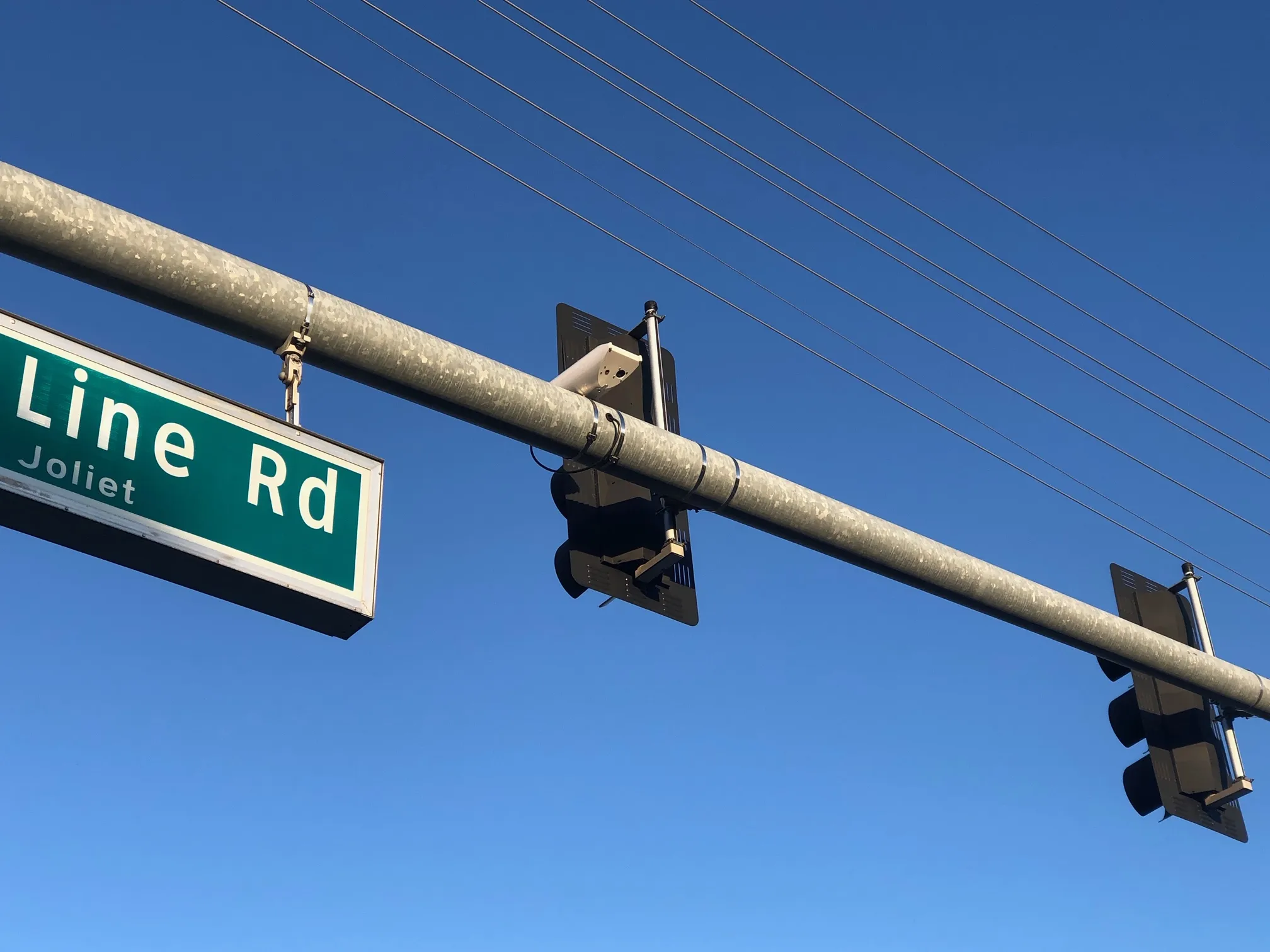Vaisala’s chief scientific officer, Dr Kevin Petty, is a man on a mission. He is here at ITS America 2016 San Jose to tell exhibitors, speakers and delegates that they must make provisions for the effects of weather on transportation.
“In the US, there are 5,000 fatalities on the road each year due to weather-related factors,” he said, adding: “If weather conditions are not taken into account, the full benefits of connected and autonomous vehicles will not be realised.”
He is excited by the prospect o
June 15, 2016
Read time: 2 mins

“In the US, there are 5,000 fatalities on the road each year due to weather-related factors,” he said, adding: “If weather conditions are not taken into account, the full benefits of connected and autonomous vehicles will not be realised.”
He is excited by the prospect of connected vehicles as data collection probes for road conditions and the potential to convey weather related information to or between vehicles but says: “Weather is such a big factor in road incidents, but when I go round the exhibitors’ stands I don’t see evidence that its effects are being taken into account in the products and services on display.
“Human drivers instinctively slow down when visibility decreases or grip deteriorates but if autonomous vehicles do not, this could expose them to potential problems in the rain, snow, fog or simply darkness. So it is imperative that the ITS industry and vehicle designers begin to factor in weather-related effects and to use the information that is or can be made available.”









